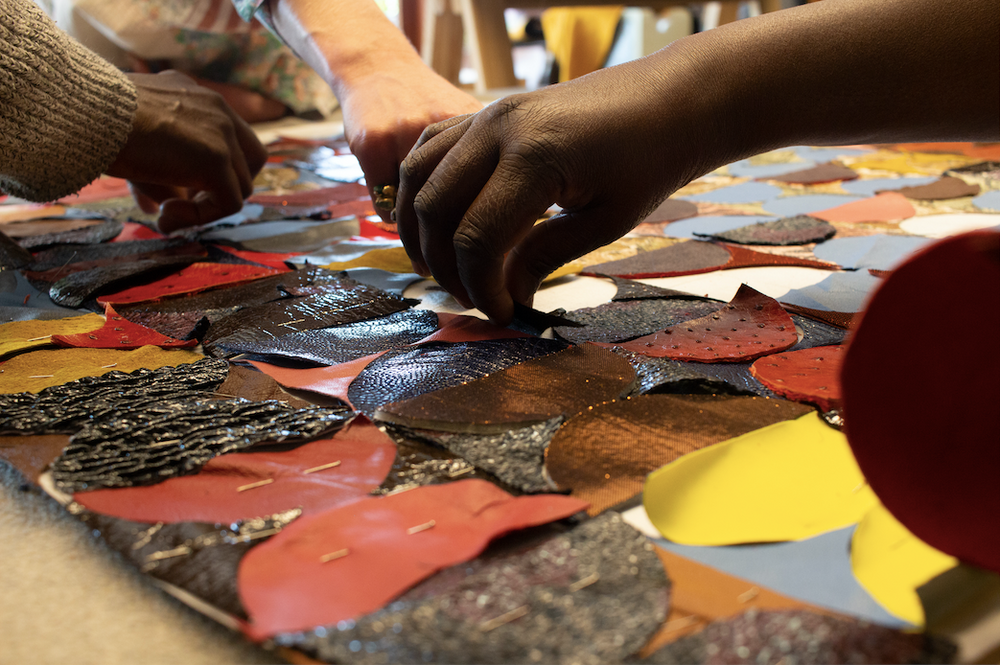
OUR MANIFESTO
VIVIERS places the hand of the artisan and artistic practice, at the top of the socially ethical pyramid. We believe that luxury and humanity are synonyms and should be the key focus to co-create a conscious and circular future in the industry.
Humans are dependent on Mother Nature for all of our resources. These resources are what luxury is; resources are gifts from life itself. The one hand washes the other, and beholds the other; we are because of one another. Our studio is rooted in co-existence and mutual respect; both for each other, our materials and how our actions affect the world and others around us. Our vision is to mirror the BEAUTY that surrounds us, and our mission, the demonstration of BEAUTY in the mundane, all through the language of clothes.
OUR PRACTICE
Our team of creative, specialised and experienced tailors take great care in making collectable and Limited-Edition pieces, that could also be Ready-to-Wear or Made-to-Measure. Meticulous consideration and attention to detail and quality go into all the items we innovate. Our collections are made In-House at Glasshouse, by our atelier of skilled tailors and artisans in the heart of the city of Johannesburg. We breathe the spirit of our city, while we attempt to redefine luxury. Our clothing is an emotional demonstration and tribute to the artisan. Behind every beautiful collectable heirloom piece, you will find the Shokunin Spirit of the Craftsmen. The Shokunin spirit of Japan not only inspires our approach to conscious making but also translates into our Japanese way of pattern-cutting. The very simple and squared Origami-style pattern approach is the most effective way of saving fabric, allowing for almost no waste.
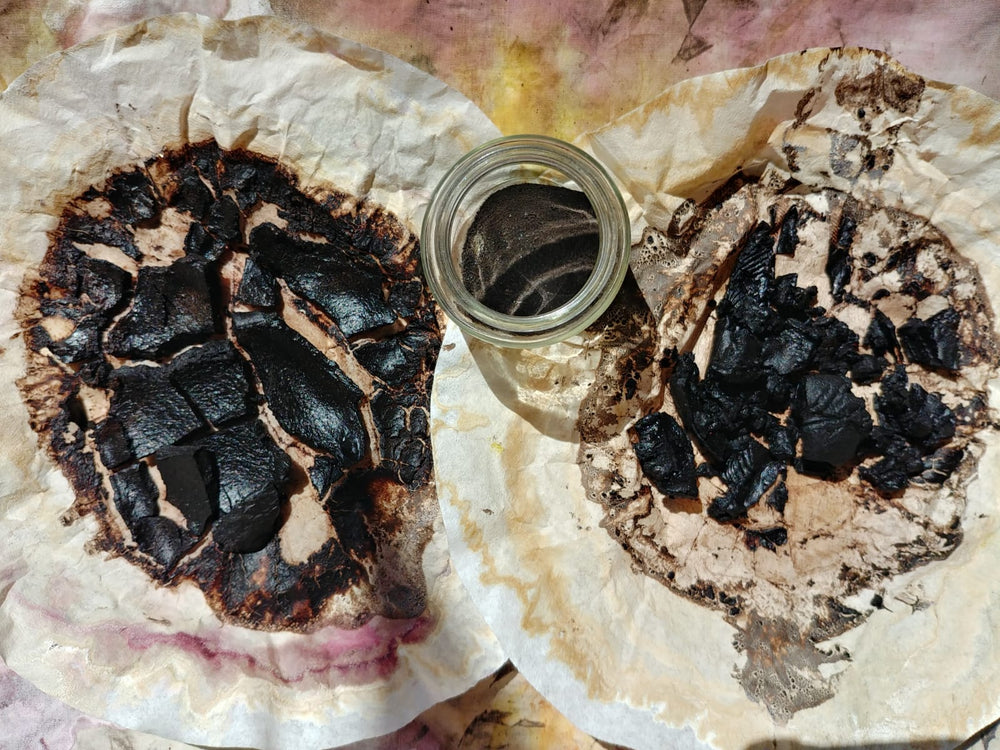
Our Artisanal, Made-to-Order model allows for sensitively tailored pieces that are made to fit and last well. Our approach is Xero- wastage, and any leftovers are re-imagined as innovative new materials, upcycled as Applique, cut into strips for weaving and knitting or used as other forms of embellishments.
Shokunin means not only having technical skill but also implies a proud attitude and social consciousness, both material and spiritual. The hands of our experienced artisans imbue our most treasured items with precision, integrity, love and passion. We pride ourselves in our attempt at a more conscious practice.
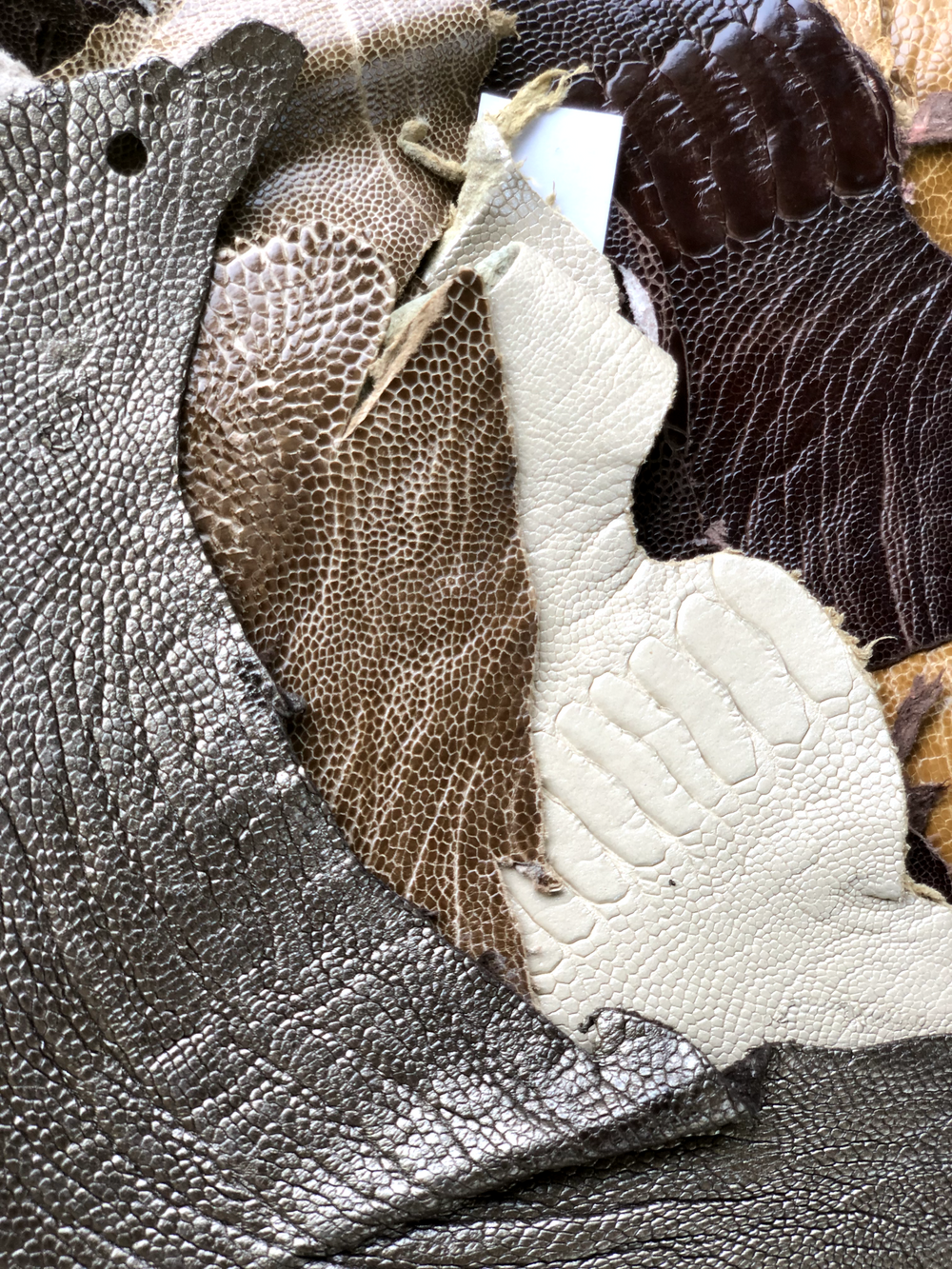
SOURCING PROVENANCE: Diamonds, Gemstones, Gold, Diamond Fibre (Mohair), Cape Wool and South African Ostrich products; just to name a few of South Africa’s abundance of natural resources. These local options are our materials of choice. When we acquire any newly made materials, our curation process favours suppliers that stand for Accountability, Traceability, Transparency and Certification. This is an ongoing process of growth and learning with the aim to improve on this with the implementation of a BLOCK CHAIN or Barcode system that keeps track of the Provenance of all our materials.
These treasured materials, imbued with the touch of our many South African Hands, are the secret ingredients that are combined to describe the ‘Hub-of-The-Hand,’ our Eco-System where human IQ fuses with Nature’s ethically sourced gifts, an attempt to transform and redefine Luxury.
ENVIRONMENTAL: We firmly believe that the inclusion of Advanced and Innovative Technology like 3D Printing, Laser Cutting and Digital Printing plays a key role in finding alternative and ethical manufacturing solutions, preserving and protecting our natural resources. Bunnycorp is our partner in all things 3D printed; together we conceptualise recyclable prototypes which result in almost zero-waste. “In the Age of Technology and AI, Craft and Innovation, infused through the human hand, is what we believe to be the highest form of Luxury.” Lezanne Viviers
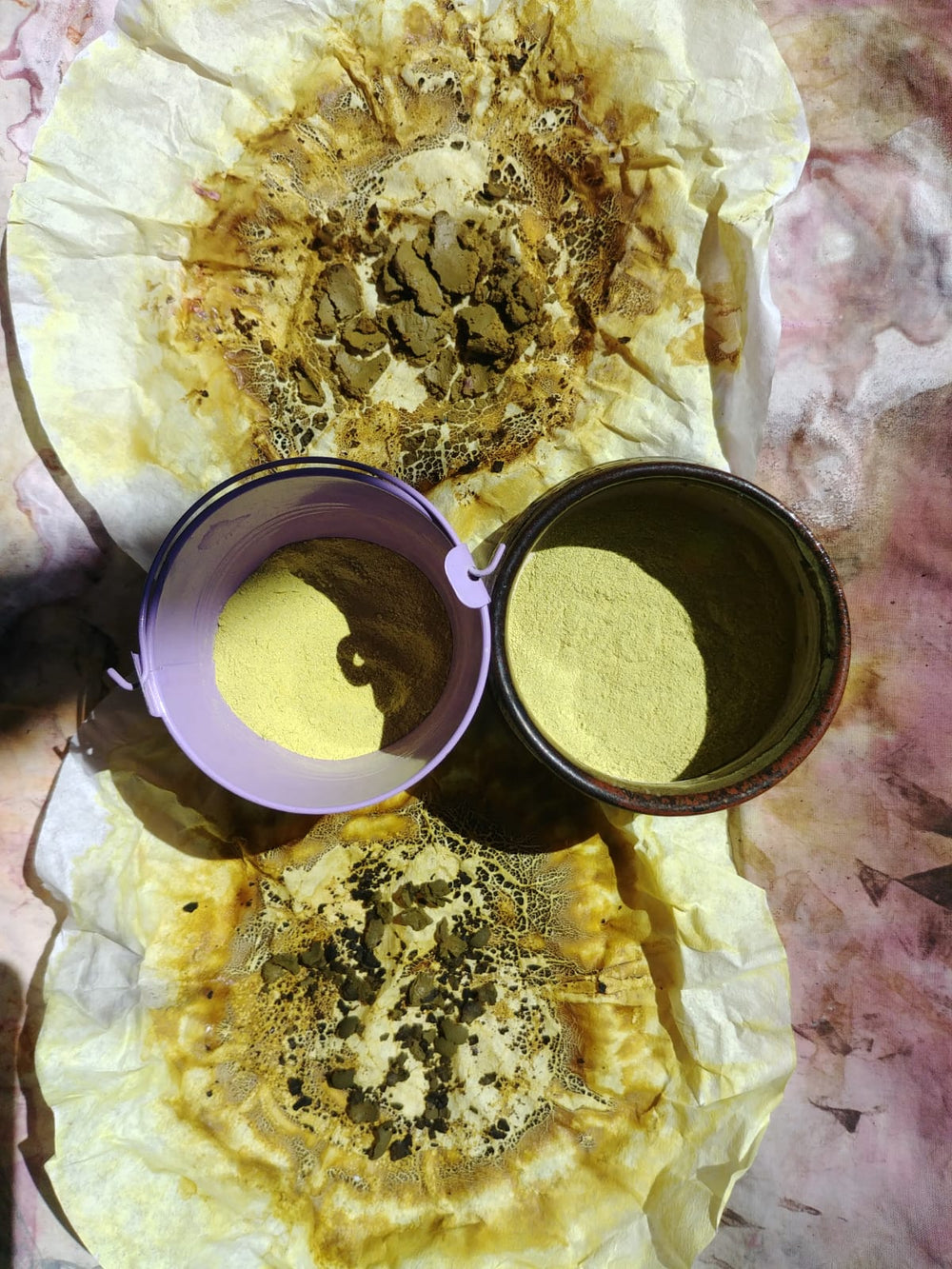
PLASTIC/SYNTHETIC FABRICS: Imagine plastic as a valuable and exciting material with very specific properties that resist water, properties of preservation and of protection that are malleable and sculptable; not a material that should be disposed of after a single use. Plastic or synthetic fibres are often declared obsolete after only a couple of times of being worn, yet they could easily be recycled and reimagined. Imagine if we viewed plastic as a commodity as valuable as silk, leather, wool or mohair. At VIVIERS, we have equal respect for all the materials we use.
UP-CYCLED FABRICS: At VIVIERS we find joy in repurposing a curated selection of premium textiles from the past, bringing them back to life. We celebrate the uniqueness found in artisanal fabrics and also rejoice in the process of reinventing and recycling materials from previous decades that were made with greater integrity than most materials today. The circular design and the metamorphosis of clothing and fabric is the objective.
ETHICAL: VIVIERS is transparent. Everything is made In-House at Glasshouse and could therefore be accountable for. Our tailors and artisans sign their names inside each garment they make, as they take pride and ownership of each piece created: #Who-Made-Our-Clothes Working conditions are wonderful and we adhere to much more than standard wages.
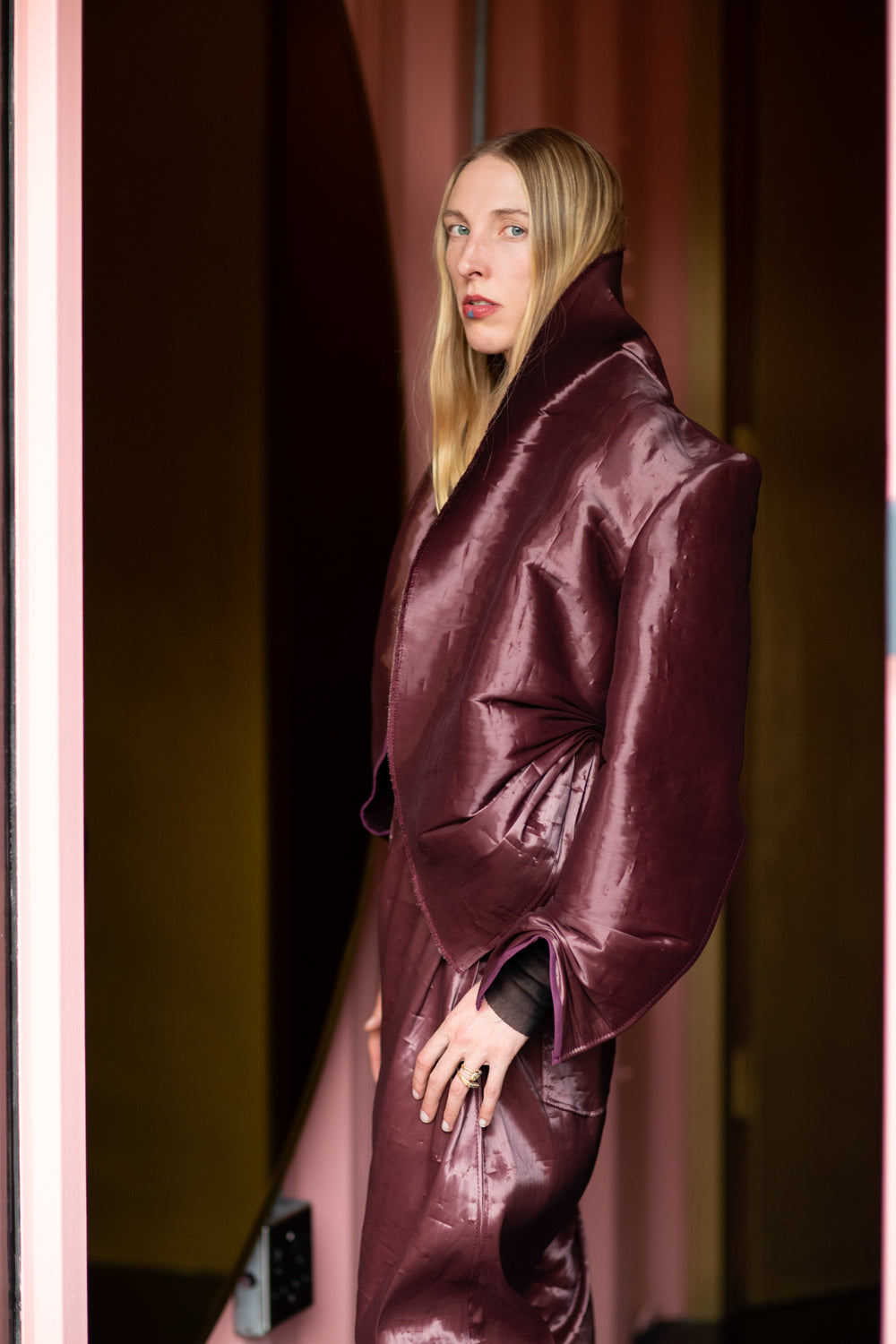
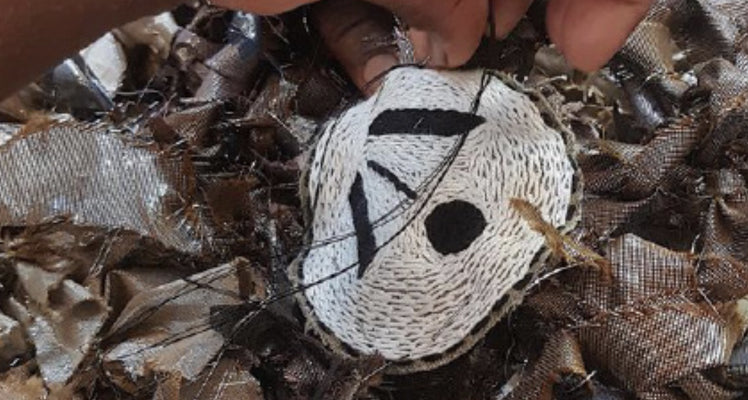
MENTORSHIP: A core part of our belief system is education. We believe the only way to sustain the industry is with the sustaining of artisanal skills and the transference of skills and knowledge from person to person. VIVIERS mentors numerous students every year.
The focus is to expose students to how we aim to sustain a studio that creates jobs, pays fair wages, and preserves traditional artisanal skills, as well as the marketing and communication strategies of our brand. We also aim to educate students on the importance of responsible sourcing and the inclusion of local materials and artisanal collaborations. The mentorship is holistic and underlines the operations of an independent design studio.
ARTISANAL: We blossom in collaborations with local artists and other artisans. Hand-beading and embellishment are all done in-house. Hand-woven pieces are created in collaboration with Maddelein Anderson from the Weavers Guilt in Pretoria and other textile artists like Feathered Fabrics. Kaross, an embroidery project that empowers and upskills Tsonga women, creates all our hand-embroidered labels. Stephanie Bentum, a textile artist who specialises in moulding, sculpting and felting natural fibres, co-creates some of our artisanal and unique textiles. Wrapt Knitwear is our partner in developing and doing hand-knitting, as well as manual machine knitting.
We thrive on the innovation and experimentation that disrupts mundane manufacturing processes. Together with The SA Marbling Company, we re-imagine ancient dye techniques, like Japanese Suminigashi, replacing Acrylic ink with locally harvested, natural Lake Pigments and Ochres.
Indie Dyers and Eco-Printers are at the forefront of natural dyes. Mud-dying and searching for other responsible alternatives to chemicals is our current obsession.
We co-create with local manufacturers such as Cape Cobra and other individual leather artisans, who make all leather accessories. Kirsten Goss, designer and local goldsmith, crafts the experimental jewellery that we combined with found objects and hand-sculpted Bronze jewellery made by Lezanne, or often in collaboration with James Barry Slabbert.
We firmly believe that the inclusion of advanced and innovative technology like 3D Printing and Digital Printing plays a key role in finding alternative and ethical manufacturing solutions and preserving and protecting our natural resources. Bunnycorp is our partner in all things 3D printed; together we conceptualise recyclable prototypes which result in almost zero-waste. In the Age of Technology and AI, Craft and Innovation, infused through the human hand, is what we believe to be the highest form of Luxury.
